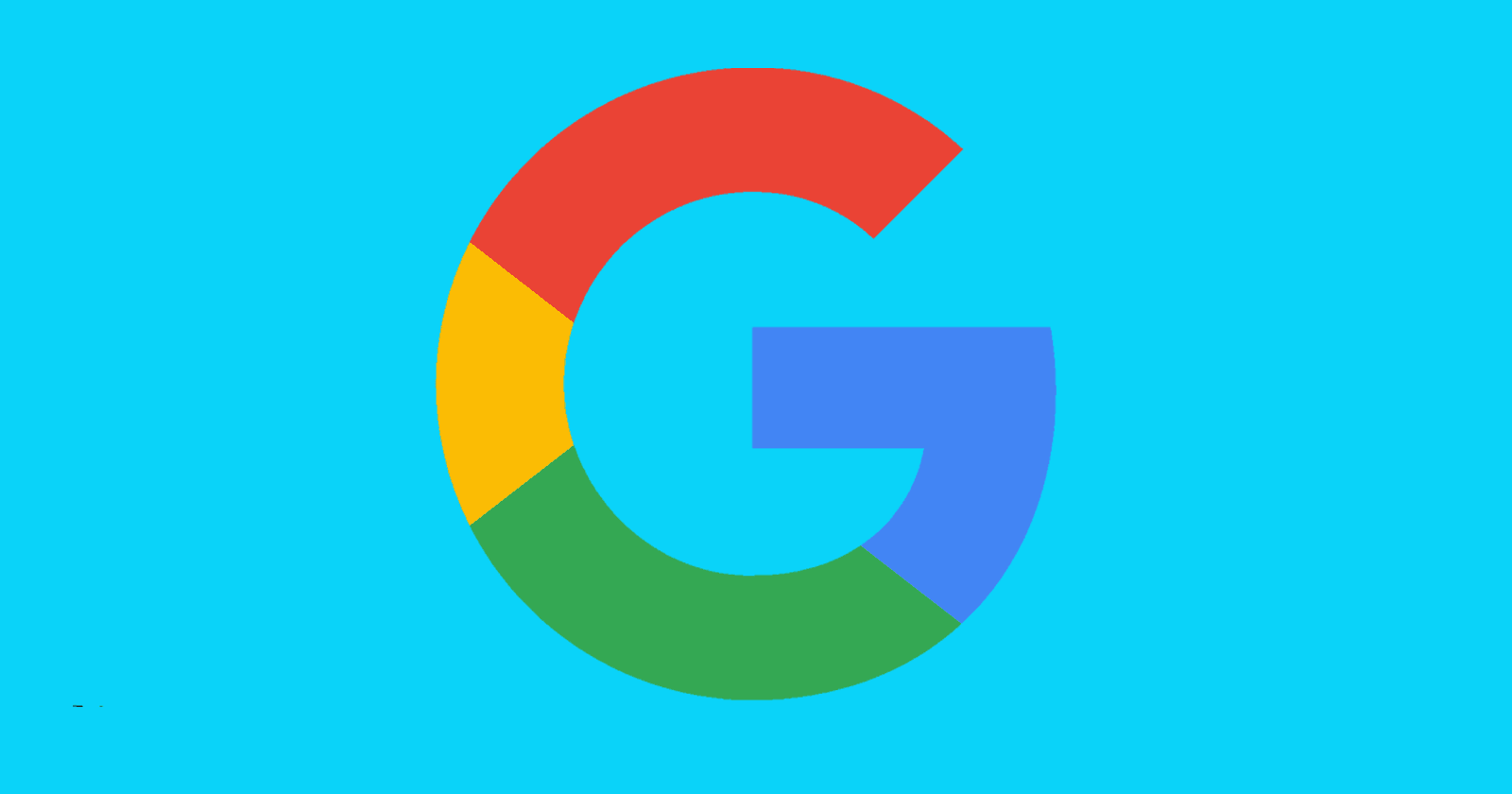Google announced that mobile first indexing will not be rolling out as promised. Mobile-first indexing is delayed by eight months. These are the reasons why.
Mobile-first Index Rollout: When It’s Happening
The announcement states that most sites today are currently set to mobile as well as all new sites having their indexing set to mobile by default.
There are many sites that remain outside of mobile-first indexing. For those sites that have not yet been switched over, Google has discovered that there remain issues to be resolved.
Those issues that Google discovered are the reasons why Google is delaying mobile-first indexing until March, 2021
Mobile-first indexing was set to roll out in September 2020. That’s no longer the case.
Related: Google’s Mobile-First Indexing: Everything We Know
Mobile First Problems to Watch Out For
Google listed important issues to check. Even if you’re already in the mobile index, it may be useful to review the issues called out by Google because some of these can cause a drop in rankings.
Five Mobile-first Issues to Review
- Robots meta tags on mobile version
- Lazy-loading on mobile version
- Blocked Assets Specific to Mobile
- Primary Content Must Match Between Mobile and Desktop
- Mobile Images and Videos Follow Best Practices
Mobile Robots Meta Tags
Google advises checking mobile robots tags as sometimes these can be different.
Mobile Lazy-loading
Regarding lazy-loading, Google recommends to watch out for lazy-loading primary content that depends on triggers. This is because GoogleBot doesn’t trigger user initiated events.
This is what Google advised:
“…avoid lazy-loading your primary content based on user interactions (like swiping, clicking, or typing), because Googlebot won’t trigger these user interactions.”
Related: 7 Ways a Mobile-First Index Impacts SEO
Blocked Mobile Assets
This is a reference to mobile assets (images, videos, fonts,CSS, JavaScript, etc.) that might be called from a different URL than from the desktop version.
This is super important because inadvertently blocking something like CSS on the mobile version of your site can cause a ranking drop.
Primary Content Must Match Between Mobile and Desktop
Sometimes publishers change the content. Publishers are required to show the same “primary” content between the two versions. Primary content is the main content.
Google describes primary content as:
“…the content you want to rank with, or the reason for users to come to your site”
Mobile Images and Videos Must Follow Best Practices
Mobile images and videos must have been a large source of issues.
Google provides five problems to fix for the mobile versions.
Five Mobile-first Image and Video Problems
- Images Optimized for Mobile
- Image Alt Attributes
- Different Image URLs for Mobile
- Video Structured Data Markup
- Video and Image Placement
Different Image URLs for Mobile
This is a gotcha type of issue. Sites that use different images for mobile over desktop will experience a ranking disruption on Google image search as the mobile index transitions the new mobile images over to the main index.
According to Google:
” you may see a temporary traffic loss from Google Images while your site transitions to mobile-first indexing. This is because the image URLs on the mobile version are new to the Google indexing system, and it takes some time for the new image URLs to be understood appropriately. To minimize a temporary traffic loss from search, review whether you can retain the image URLs used by desktop.”
Video Structured Data
This is about making sure that the structured data matches between desktop and video. Google cautions to make sure the mobile version of the video structured data contains the VideoObject property with the same information.
Video and Image Placement
Google urges publishers to review their pages for user experience problems related to video and images. If people are coming to the page for videos then it’s important to make sure that the mobile version of the site doesn’t make the user scroll too much to find it.
This is super important on mobile because important parts of a website must be as high up as possible to avoid causing users to scroll. Failure to do this can result in a ranking loss.
Here’s how Google explains it:
“In this case, the page might not be deemed a useful video landing page by our algorithms, resulting in the video not being shown in Search.”
Related: Google Shares How to Succeed in Mobile First Index
Useful Mobile-first Announcement and Advice
The advice for mobile first indexing can be applicable to sites already in the index. Presumably, Google would have warned publishers via Google Search Console about some of these issues.
But… it’s good to not rely on the kindness of strangers when it comes to ranking a site. Check out the above listed issues on your site to make sure they’re not a problem.
Citations
Official announcement:
Prepare for mobile-first indexing (with a little extra time)
FAQ
When will Google's mobile-first index rollout happening?
Initially set to roll out in September 2020, Google is instead delaying mobile-first indexing until March 2021.
What are some common mobile-first indexing issues?
Here are important mobile-first issues to watch out for:
- Wrong robots meta tags on mobile version.
- Wrong lazy-loading implementation on mobile version.
- Blocked assets specific to mobile.
- Primary content doesn’t match between mobile and desktop.





